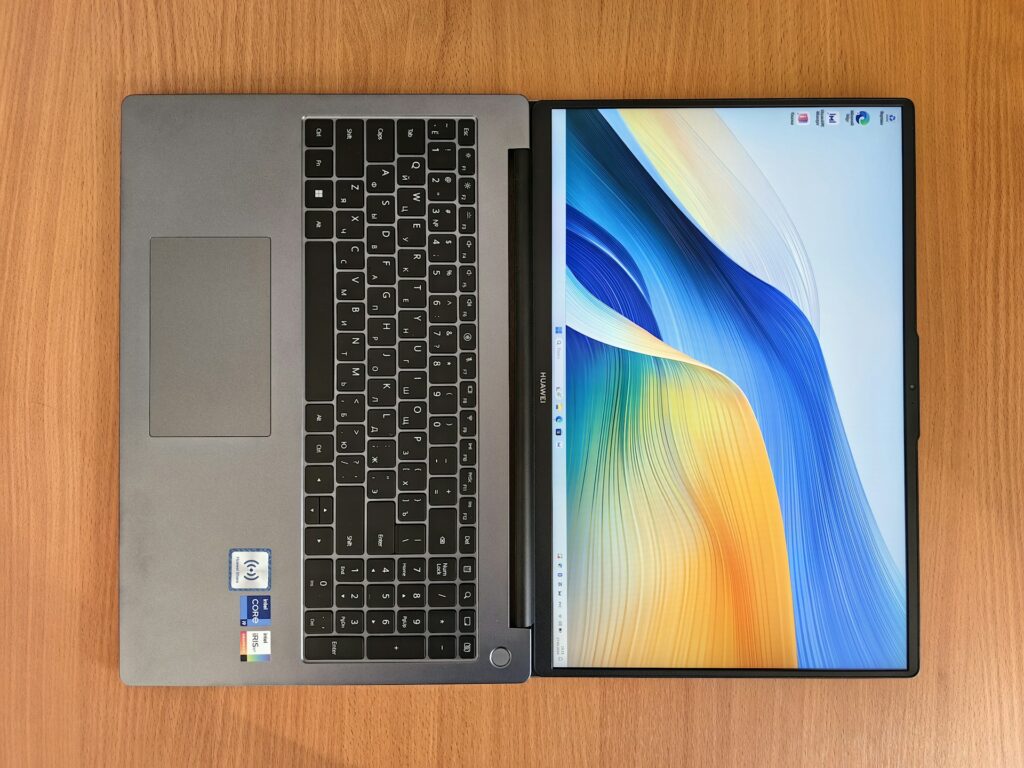Should Foldable Laptops Be Considered the Next Big Thing?

Should Foldable Laptops Be Considered the Next Big Thing?
As you open your laptop, you see that it is not only a laptop. Tablets, notepads, a second display, and maybe even a whole workstation that folds up like a book to fit into your luggage are all examples of what this device can be. Now that we have arrived in the future of computing, foldable laptops are no longer a sci-fi fantasy; rather, they represent the next step in the evolution of personal technology.
In the past, we have seen foldable devices go from being quirky inventions to being common need. This same invention is now on its way to being included in your bag. The most important issue, however, is whether or not foldable laptops are indeed the next great thing, or if they are merely a dazzling trend. What is going on in the world of foldable computing, why it is important, and whether or not you should start saving up for one are all topics that will be discussed in this article.
Do You Really Know What a Foldable Laptop Is?
At first appearance, it seems to be no different from a conventional laptop. Nevertheless, when you open it up, you will see that there is no keyboard. Instead, the whole surface is a single foldable screen that is continuous and bends in the center like a book.
Some foldable laptops are equipped with virtual keyboards that display themselves when they are required, while others offer magnetic keyboards that can be attached to the laptop for users who still want the physical experience.
Several different kinds of usage are possible with this form factor:
- For drawing, surfing, or reading, the tablet mode is available.
- Laptop mode with a hardware keyboard or an on-screen keyboard or both
- Extended screen mode, which, when completely unfurled, provides twice as much display real estate as the standard mode.
- In the book format, you may write or convey ideas.
- A laptop, a tablet, and a monitor are all combined into a single device, which is essentially a hybrid device.
The Technology That Is Hidden Behind the Scenes
Flexible OLED display technology, which enables displays to bend without breaking, is the technology that powers foldable computers. These panels are remarkably vivid, despite their thinness and durability.
But the screen is not the only thing that matters. The manufacturing industry is always innovating behind the scenes:
- Systems of hinges that can withstand thousands of folds
- A variety of cooling methods that are applicable to flexible bodies
- Improved battery performance across a variety of form factors
- Software with the ability to change itself automatically to the orientation of the screen
- The interaction between the hardware and the software is a complicated dance, and it has taken us many years of study to get to the point where we are today.
Who is Constructing Them, and What Options Are Available?
It is no longer a theoretical concept to have foldable laptops. The following tech titans are already competing in this space:
Lenovo ThinkPad X1 Fold is a laptop.
The first folding personal computer in the world. The 13.3-inch OLED display can be folded down to a small size and is compatible with a keyboard that can be removed. Business customers that place a high priority on mobility without compromising productivity are the intended audience for this product.
This is the Asus Zenbook 17 Fold OLED.
It unfolds into a giant 17.3-inch tablet or display, making it an excellent device for producers and those who multitask. When folded, it is a little laptop measuring 12.5 inches. The flexibility of the OLED panel is remarkable, and the screen itself is rich.
Samsung, HP, Dell, and Different Companies
There are rumors that Samsung is working on foldable laptops as a means of complementing the success it has had with folding phones. HP and Dell have already shown prototypes, and it is anticipated that other brands will shortly join the competition.
Even though we are still in the beginning stages of the game, the rivalry is becoming fiercer, and the rate of invention is quickening.
1. For What Reasons Are Foldable Laptops Getting More Popular?
Availability of Portability Without Sacrifice
In addition to wanting gadgets that are lightweight and small, people demand larger displays for both their work and their pleasure needs. The best of all worlds is offered by foldables, which have a huge screen that can be stored in a compact area.
2. Working Offsite and Having Flexibility
As working from any location becomes more commonplace, consumers are looking for gadgets that can adapt to varied surroundings, such as those found in coffee shops, trains, airplanes, or even at home workstations. Foldable laptops allow the freedom to switch between many modes, making them a great choice for the dynamic lifestyle of today.
3. Multitasking at an Advanced Level
Foldables provide a second screen without the need for additional hardware, which is becoming more attractive as dual-screen configurations become more common. On the other side, you may do research while writing on the other. Or, you can take notes while attending a Zoom meeting, and you can do both on the same device.
4. The Unleashments of Creativity
Artists, designers, and architects may reap the benefits of bigger canvas areas, support for styluses, and the ability to draw or edit directly on the screen because of these features. The mobile makers will find this to be a game-changer.
One of the drawbacks is that it is not yet perfect.
Not only are foldable computers interesting, but they also come with certain limitations:
With a high price tag
It is reasonable to anticipate paying anything from $2,000 to $3,500 for early versions. These high-end gadgets are aimed at professionals and early adopters of information technology.
Worries Regarding the Longevity of the Product
Despite being constructed for thousands of folds, doubt continues to exist. Will the hinges become more loose? Will the screen get wrinkled over time? The manufacturers are making rapid progress, but there are still worries.
A battery’s lifespan
Continuous use of flexible technology and huge OLED panels may rapidly deplete battery life. It has been reported by certain users that conventional laptops have a longer battery life.
There is a software optimization.
Both operating systems and applications are still playing catch-up. There are certain apps that do not react well to foldable screens; nevertheless, compatibility is growing thanks to Windows 11 and custom user interface layers.
Is Foldable Technology a Fad or the Way of the Future?
This is a question that is asked by every new technology. Do you remember when folks laughed their heads off at the idea of touchscreen phones, smartwatches, or even tablets? They have become an integral component of modern life.
In the same way, foldable computers are now in the early acceptance stage. The vision is crystal clear, but they are not yet available to everyone. They are positioned to become widespread over the next three to five years as costs continue to fall, durability continues to improve, and software continues to grow. One thing that sets them apart from other products is that they provide solutions to real-world issues, such as space, productivity, multitasking, and creative freedom. Something like that is not only a clever gimmick; rather, it is actual progress.
Who Should Purchase One Just Now?
Should you be:
- One who is a creative professional and often travels
- An someone in charge of company who requires portable presenting power
- A person who is passionate about technology who wants to stay ahead of the curve
- A remote worker who is sick of switching between screens
- If this is the case, then purchasing a foldable laptop could be justified.
However, if you are on a tight budget or want a technological solution that is very long-lasting, it may be prudent to wait a generation or two for the technology to evolve.
Final Reflections: The Folding Forward of the Future
The early chapters of a significant transition in computing are now being seen by us. It is possible that foldable laptops may soon overhaul the ways in which we work, create, and connect people, much as smartphones have revolutionized communication and tablets have altered the way in which we consume information.
They have courage. They are also adaptable. It is a futuristic concept. In addition, they are no longer only ideas posted on a technology blog; rather, they are now available for purchase, in people’s hands, and on desks all over the globe. It is not the query “Are foldable laptops the next big thing?” that is the true question.
The question is, “How soon will they replace the one you currently have?”




